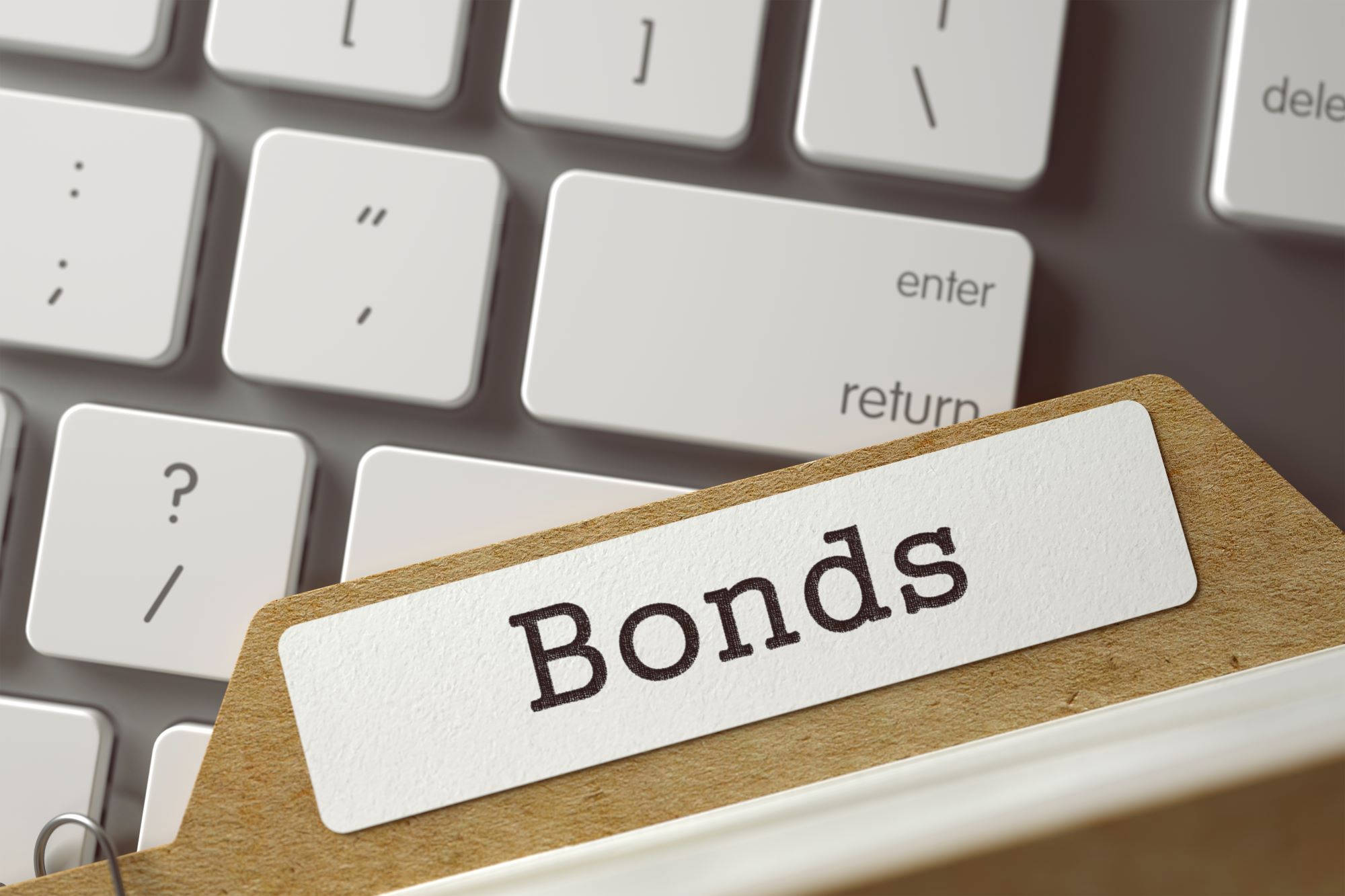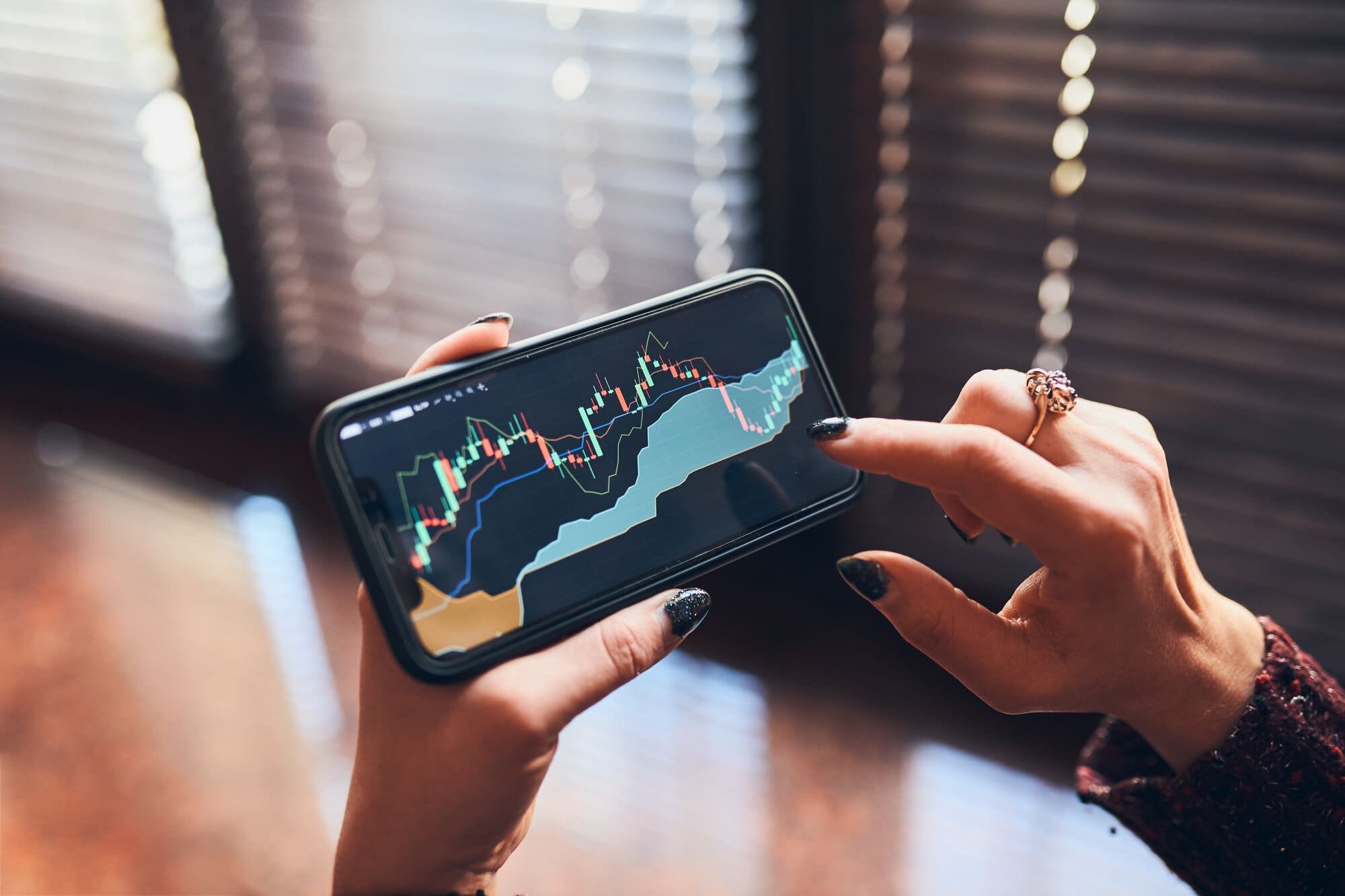
Investing: CBK Floats a 19-Year Infrastructure Bond of Ksh 75B
The government of Kenya is floating a 19-year infrastructure bond worth Kshs 75 billion to raise funds for its 2021/2022 financial year budget estimates. So, if you are looking for a long-term investment opportunity, this might be an excellent option for your portfolio.
According to the issued prospectus by the CBK, the coupon rate for the bond is market-determined. This means that when placing your bid, you can choose either the interest/competitive rate on the non-competitive/average rate. With the competitive, you will indicate how much coupon rate you’re willing to accept from the CBK.
On the other hand, investors opting for the average/non-competitive rates don’t indicate a particular coupon rate. Once the CBK decides on the bids to accept, it will use the weighted average of those rates to determine the average/non-competitive rate to give investors.
Interest payments are semiannual, with the first payment set on 22nd August 2022.
Bids for the bond are currently open, running from 31st January to 15th February and with payment on 21st February 2022. The bond’s redemption date is on 28th January 204. The minimum amount of money to invest is Ksh. 100,000. CBK will conduct its auction on 16th February 2022. If your bid is successful, you will receive communication of the amount to pay on 17th February 2022.
You can buy from the secondary market on 22nd February, when secondary trading is expected to start. You can only buy or sell the bond in multiples of Kshs. 50,000, Kshs. 100,000, Kshs. 150,000, etc.
To place your bid, you need to drop your completed application form at any of CBK’s branches, Internet Banking, or the Treasury Mobile Direct, which allows you to place bids directly from your mobile phone.
As discussed in this post, you will need a CDS account to invest in government securities. If you don’t have one, visit a CBK branch in Nairobi, Kisumu, Mombasa, and Eldoret, or a cash collection center in the available areas of Meru, Nyeri, Nakuru, and Kisii to get the mandate card. Fill it out, attach the necessary support documents and drop the forms at the branch or collection center. Alternatively, you can open one through a Central Depository Agent. It will take about a week for your account to be opened.
What Is An Infrastructure Bond
Infrastructure bonds are a type of bond issued by government-owned or private corporations to raise funds for infrastructure construction. This could range from constructing highways and airports to ports and pipelines. Interest and the principal payments for these debts are usually funded by money raised from cash flows generated by the underlying or linked infrastructural projects.
Advantages Of Investing In Infrastructure Bonds
- Unlike other types of bonds issued in Kenya, like the fixed coupon bond, return from infrastructure bonds is tax-exempt, meaning you’ll receive a higher return than when part of your interest return is withheld.
- It offers regular passive income from coupon payments. Some pay annually or semi-annually, with most bonds issued by CBK paying semi-annually, including this one.
- An excellent diversification opportunity since the bonds aren’t strongly affected by the stock market’s fluctuations.
Disadvantages of Investing In Infrastructure Bonds
- Your capital or initial investment is not protected. So, if you were to sell your bond at the NSE before the maturity date, there is no guarantee you’ll receive the exact amount you invested. If the bond’s prices have gone down, you will lose.
- This is a long-term investment, 19 years. So you will have to wait up to 19 years for the maturity date and get back your initial investment. The next alternative is point one above, selling on the secondary market, which could be at a loss.
- The interest is market-determined, which will depend on the demand and supply. If there’s less demand for the bond or a high supply, the interest rate could be lower.
- The initial capital of Ksh. 100,000 might not be manageable for everyone.
- While you can buy or sell in the secondary market, it must be in multiples of Ksh 50,000.






